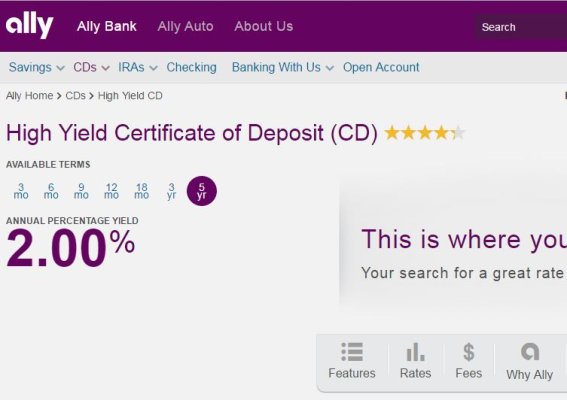I am looking to make some changes to the bond portion of my portfolio and needed some feedback. Presently own DBLTX Doubleline Total Return I which is mostly in mortgages, VICSX Vanguard Intermediate Term Corporate, I Bonds and a small amount in an emerging market bond fund.
I was thinking of adding Treasuries and looking at VFIUX Vanguard Intermediate Term Treasury.
What do you think? Other options?
Thank you.
I was thinking of adding Treasuries and looking at VFIUX Vanguard Intermediate Term Treasury.
What do you think? Other options?
Thank you.

